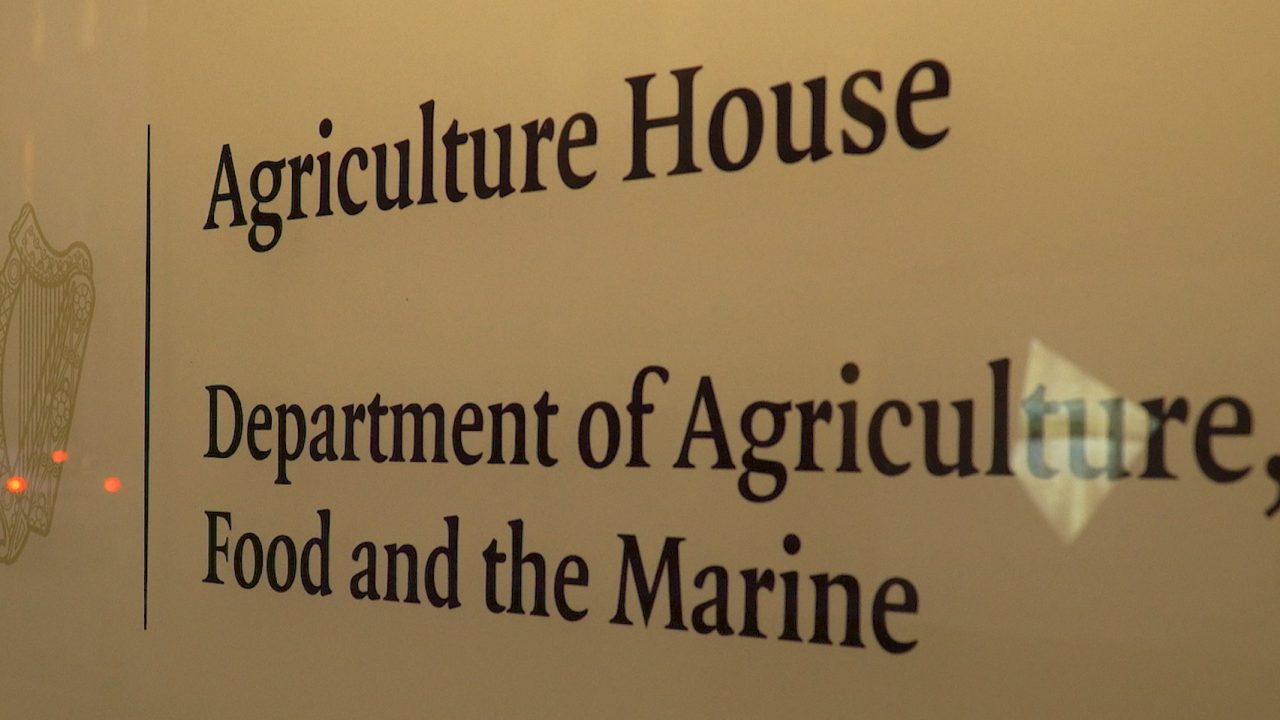The body that enforces the unfair trading practices (UTP) directive has found that suppliers of agri-food produce are particularly concerned over commercial retaliation by the businesses they supply to.
Commercial retaliation, in this context, refers to buyers of agri-food produce treating the suppliers of those produce unfavourably if the supplier has previously drawn attention to what may be unfair trading practices by the buyer.
The head of the UTP Enforcement Authority, Noel Collins, has said that the body is continuing to engage with suppliers following responses received to a survey it had commissioned.
The Enforcement Authority will oversee the implementation of the UTP directive before responsibility for this is taken over by the Office for Fairness and Transparency in the Agri-Food Supply Chain when it is established.
Collins made the comment in response to questions from independent Laois-Offaly TD Carol Nolan.
Nolan had requested an update in respect of the Enforcement Authority’s engagement with the largest entities in the agricultural and food products supply chain.
According to Nolan, the authority had sought “specific clarity” from the nominated liaison officers with the largest retail and wholesale operators, in light of supplier concerns raised in the survey covering perishable food goods and commercial retaliation.
The role of liaison officers within agri-produce buyers is to engage with the authority on an ongoing basis with a view to developing a “culture of legislative compliance” in relation to the UTP regulations.
Commenting this morning (Wednesday, November 9), Nolan said: “I have previously highlighted the need to ensure that farmers and suppliers are protected to the maximum extent possible when it comes to addressing ongoing challenges around unfair pricing and unfair engagement practices when dealing with the large multiple operators.”
“I welcome the pro-active approach being taken by the [authority] and its efforts to assure farmers that it will actively seek to enforce protections around unfair trading,” she added.
However, the TD called for a regulatory regime that “fundamentally addresses” the power imbalance that currently exists between suppliers and purchasers of agricultural goods.
EU Directive 2019/6331 on UTPs in the agricultural and food supply chain was adopted by the European Parliament and the Council of the EU in April 2019. EU Member States were required to transpose the directive into national law by May 1, 2021.
In April 2021, Minister for Agriculture, Food and the Marine Charlie McConalogue signed a statutory instrument transposing the UTP directive into Irish law.
The UTP regulation aims to protect farmers, farmers’ organisations and other weaker suppliers in the agriculture and food supply chain against stronger buyers by prohibiting 16 specific UTPs.
10 of these are prohibited in all circumstances and six are prohibited unless the parties agree clearly and unambiguously beforehand.
The UTPs are as follows:
- Prohibited in all circumstances:
- Payment later than 30 days for perishable agricultural and food products;
- Payment later than 60 days for other agricultural and food products;
- Short-notice cancellations of perishable agricultural and food products;
- Unilateral contract changes by the buyer;
- Payment not related to a specific transaction;
- Risk of loss and deterioration transferred to the supplier;
- Refusal of written confirmation of a supply agreement by the buyer, despite request of the supplier;
- Misuse of trade secrets by the buyer;
- Commercial retaliation by the buyer;
- Transferring the costs of examining customer complaints to the supplier.
- Prohibited unless otherwise agreed:
- The buyer returns unsold products to the supplier without paying for those unsold products;
- Payment by the supplier for stocking, display and listing;
- Payment by the supplier for promotion;
- Payment by the supplier for marketing;
- Payment by the supplier for advertising;
- Payment by the supplier for staff of the buyer and fitting out premises.
